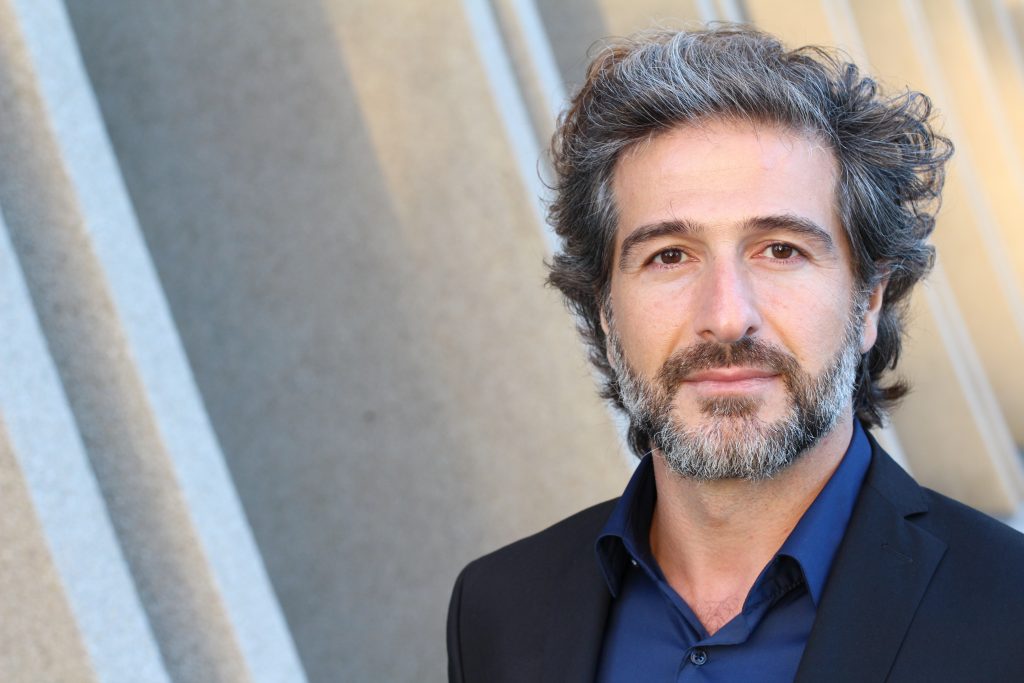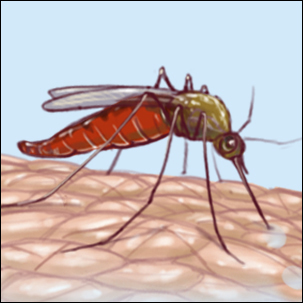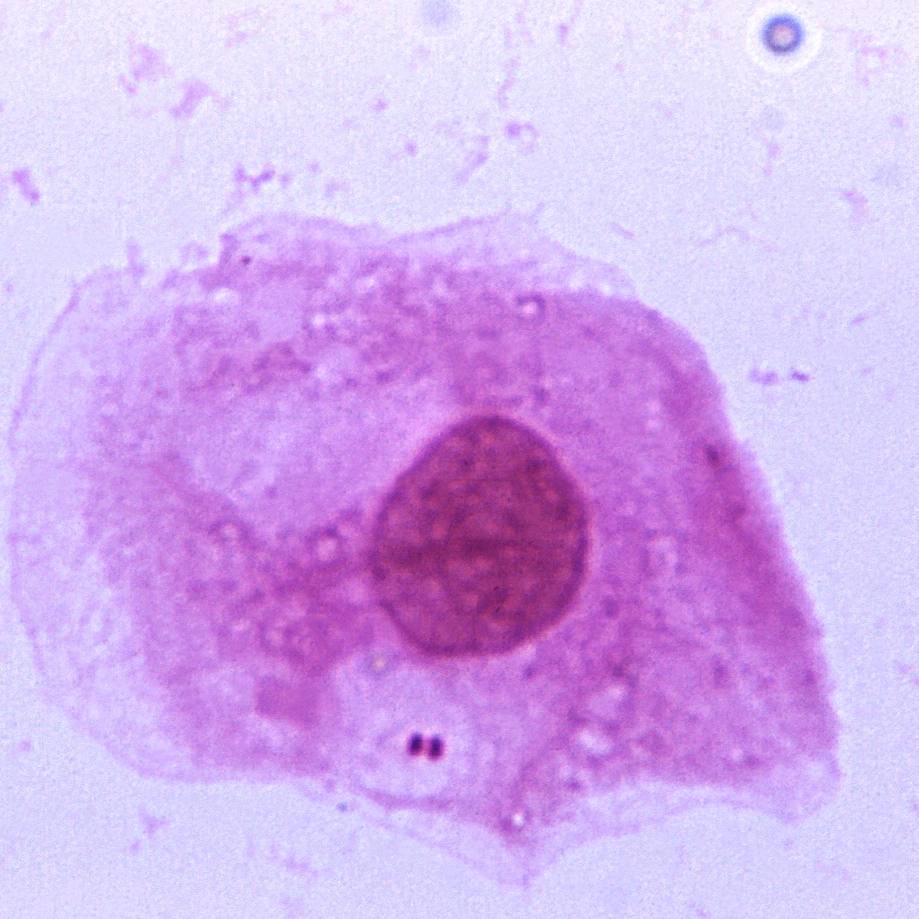-
Infectious Diseases
Consumer Health: Treating HIV/AIDS

World AIDS Day will be observed Thursday, Dec. 1, which makes this a good time to learn more about treating this chronic, potentially life-threatening condition.
More than 32 million people have died worldwide from AIDS and 38 million people are living with HIV, the virus that causes AIDS, according to the Centers for Disease Control and Prevention.
Acquired immunodeficiency syndrome, or AIDS, is a chronic, potentially life-threatening condition caused by the human immunodeficiency virus, or HIV. If left untreated, HIV infection typically develops into AIDS in eight to 10 years.
When AIDS occurs, your immune system has been severely damaged. You'll be more likely to develop opportunistic infections or opportunistic cancers — diseases that wouldn't usually cause illness in a person with a healthy immune system.
Treatment
People with HIV and AIDS are living longer and better, thanks to improved treatments. Early diagnosis allows for early treatment options that may delay the progression to AIDS, and knowing your status is an important first step.
There's no vaccine to prevent HIV infection and no cure for AIDS. Once you have the infection, your body can't get rid of it. However, there are many medications that can control HIV and prevent complications. These medications are called antiretroviral therapy, or ART. Everyone diagnosed with HIV should be started on antiretroviral therapy, regardless of their stage of infection or complications.
Antiretroviral therapy usually is a combination of two or more medications from several different drug classes. This approach has the best chance of lowering the amount of HIV in the blood. There are many antiretroviral therapy options that combine multiple HIV medications into one pill, taken once daily.
Remaining on effective antiretroviral therapy with an undetectable HIV viral load in the blood is the best way for you to stay healthy. This can be challenging, though. It's important to talk with your health care team about possible side effects, difficulty taking medications, and any mental health or substance use issues that may make it difficult for you to maintain antiretroviral therapy.
Treatment side effects can include:
- Nausea, vomiting or diarrhea
- Heart disease
- Kidney and liver damage
- Weakened bones or bone loss
- Abnormal cholesterol levels
- Higher blood sugar
- Cognitive and emotional problems, as well as sleep problems
Lifestyle considerations
Along with receiving medical treatment, it's essential to take an active role in your own care.
These suggestions may help you stay healthy longer:
- Eat healthy foods.
Make sure you get enough nourishment. Fresh fruits and vegetables, whole grains, and lean protein help keep you strong, give you more energy and support your immune system. - Avoid raw meat, eggs and more.
Foodborne illnesses can be especially severe in people who are infected with HIV. Cook meat until it's well done. Avoid unpasteurized dairy products; raw eggs; and raw seafood, such as oysters, sushi or sashimi. - Get the right vaccinations.
These may prevent typical infections such as pneumonia and influenza. Your health care professional also may recommend other vaccinations, including those for HPV, hepatitis A and hepatitis B. Inactivated vaccines are generally safe, but due to your weakened immune system, most vaccines with live viruses are not safe for you. - Take care with companion animals.
Some animals may carry parasites that can cause infections in people who are HIV-positive. Cat feces can cause toxoplasmosis, reptiles can carry salmonella, and birds can carry cryptococcus or histoplasmosis. Wash hands thoroughly after handling pets or emptying the litter box.
Connect with others talking about HIV and AIDS in the Infectious Diseases support group on Mayo Clinic Connect, an online patient community moderated by Mayo Clinic.
Read more: Forty years of HIV/AIDS: Will the epidemic end?
Related Articles







